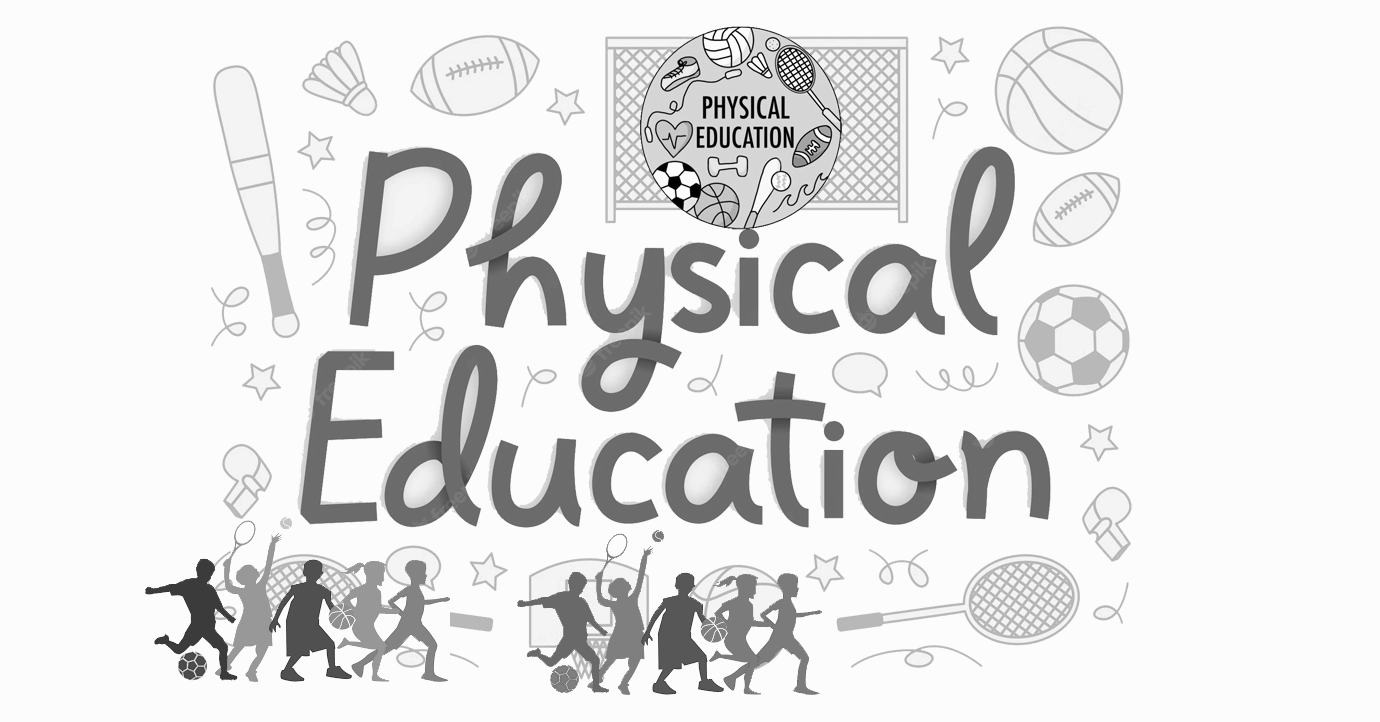
Physical education is essential to a well-rounded education, as it promotes physical health and cognitive and social development. While physical education has traditionally focused on providing students with a wide range of physical activities, there is growing recognition of the importance of targeting specific skills to maximize its benefits.
In this article, we will discuss the importance of targeting specific skills in physical education, techniques and strategies for doing so, and the benefits that can be achieved.
Table of Content
- Importance of Targeting Specific Skills in Physical Education
- Common Skills Targeted in Physical Education
- Benefits of Targeting Specific Skills in Physical Education
- Techniques and Strategies for Targeting Specific Skills in Physical Education
- Examples of How Specific Skills are Incorporated into Physical Education Curriculum
- Latest Research on Physical Education and Its Impact on Student Development
- Conclusion
Importance of Targeting Specific Skills in Physical Education
Physical education is essential for students' overall health and development. Regular physical activity can improve cardiovascular health, strengthen bones and muscles, and reduce the risk of obesity and other chronic diseases. Additionally, physical education can promote cognitive development, as physical activity has been shown to improve attention, memory, and other cognitive functions.
While the overall benefits of physical education are well-established, there is growing recognition of the importance of targeting specific skills to maximize the benefits of physical education. By focusing on specific skills, physical education can be tailored to meet the needs and interests of individual students. It can help improve athletic performance, promoting self-esteem and self-worth.
Common Skills Targeted in Physical Education
Several common skills are typically targeted when targeting specific skills in physical education. These include:
-
Agility: The ability to change direction and speed quickly and easily.
-
Coordination: The ability to perform multiple tasks simultaneously, such as running while dribbling a basketball.
-
Balance: The ability to maintain body control while standing or moving.
-
Strength: The ability to exert force against resistance, such as lifting weights or performing push-ups.
-
Endurance: The ability to perform physical activity for an extended period without fatigue.
Benefits of Targeting Specific Skills in Physical Education
By targeting specific skills in physical education, students can achieve several benefits, including:
-
Improved Athletic Performance: Focusing on specific skills can enhance students' performance in a particular sport or activity.
-
Increased Confidence: As students improve their skills, they will gain confidence in their abilities.
-
Greater Motivation: When students see the benefits of their hard work, they will be more motivated to continue participating in physical education.
Techniques and Strategies for Targeting Specific Skills in Physical Education
Several techniques and strategies can be used to target specific skills in physical education. These include:
-
Specific Exercises and Drills: Students can focus on developing a particular skill by using exercises and drills specifically designed to improve that skill.
-
Game-Based Learning: Games and other fun activities can make physical education more engaging and motivating for students and help them develop specific skills.
-
Peer Teaching: By allowing students to teach each other, they can learn from one another and help each other to improve their skills.
Examples of How Specific Skills are Incorporated into Physical Education Curriculum
Physical education curriculum can be designed to incorporate specific skills in several ways. Here are a few examples:
-
Agility can be improved through exercises such as ladder drills, cone drills, and agility hurdles.
-
Exercises include dribbling a basketball and catching and throwing a frisbee. It can improve coordination.
-
Balance can be improved through yoga, tai chi, and balance boards.
-
Strength can be improved through weightlifting, bodyweight exercises, and resistance training.
-
Endurance can be improved through running, cycling, and swimming exercises.
Additionally, the physical education curriculum can be designed to incorporate specific skills into various activities, such as team sports, dance, and gymnastics. For example, in a team sport like soccer, agility, coordination, balance, strength, and endurance are all essential skills that can be targeted and developed through specific exercises and drills.
Latest Research on Physical Education and Its Impact on Student Development
Recent research has highlighted the importance of targeting specific physical education skills and their potential impact on development. A study conducted by the University of Tennessee found that students who participated in a physical education program that targeted specific skills, such as agility, coordination, and balance, showed significant improvement in those areas compared to students who did not participate in the program.
Another study by the University of Illinois found that students who participated in physical education programs incorporating game-based learning were more fit and motivated than those who did not.
Conclusion
Physical education is essential to a well-rounded education, as it promotes physical health and cognitive and social development. Targeting specific physical education skills can help maximize physical education's benefits by tailoring it to meet the needs and interests of individual students and improving athletic performance.
Techniques and strategies such as specific exercises and drills, game-based learning, and peer teaching can target specific physical education skills. Additionally, physical education curriculum can be designed to incorporate specific skills into various activities, such as team sports, dance, and gymnastics.
The latest research on physical education and its impact on student development supports the importance of targeting specific skills in physical education and the benefits it can have on student's overall health and development.


